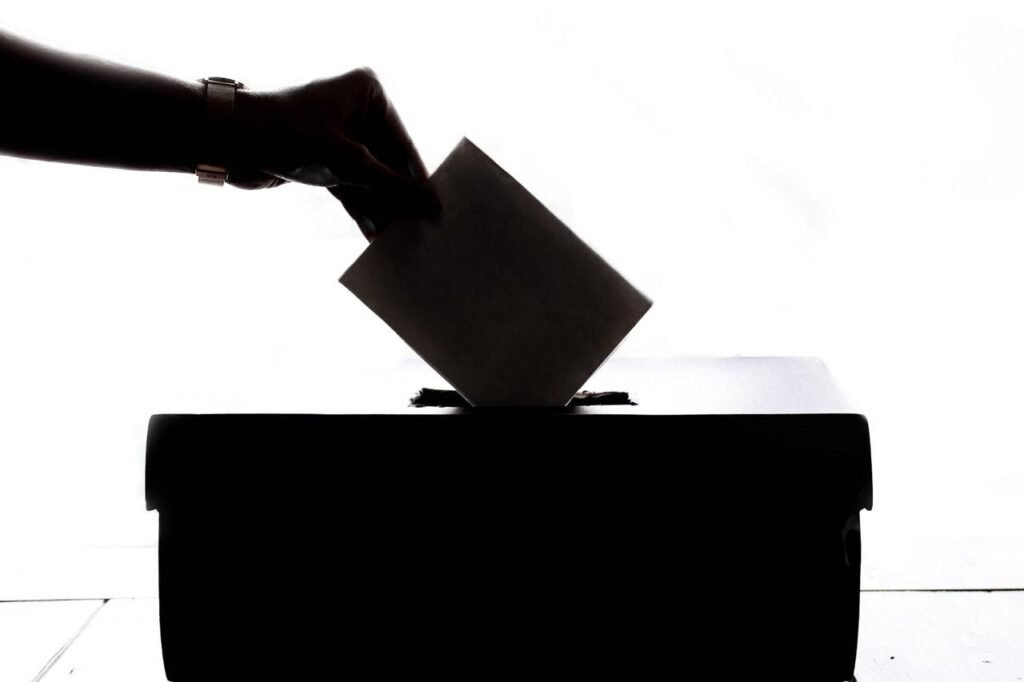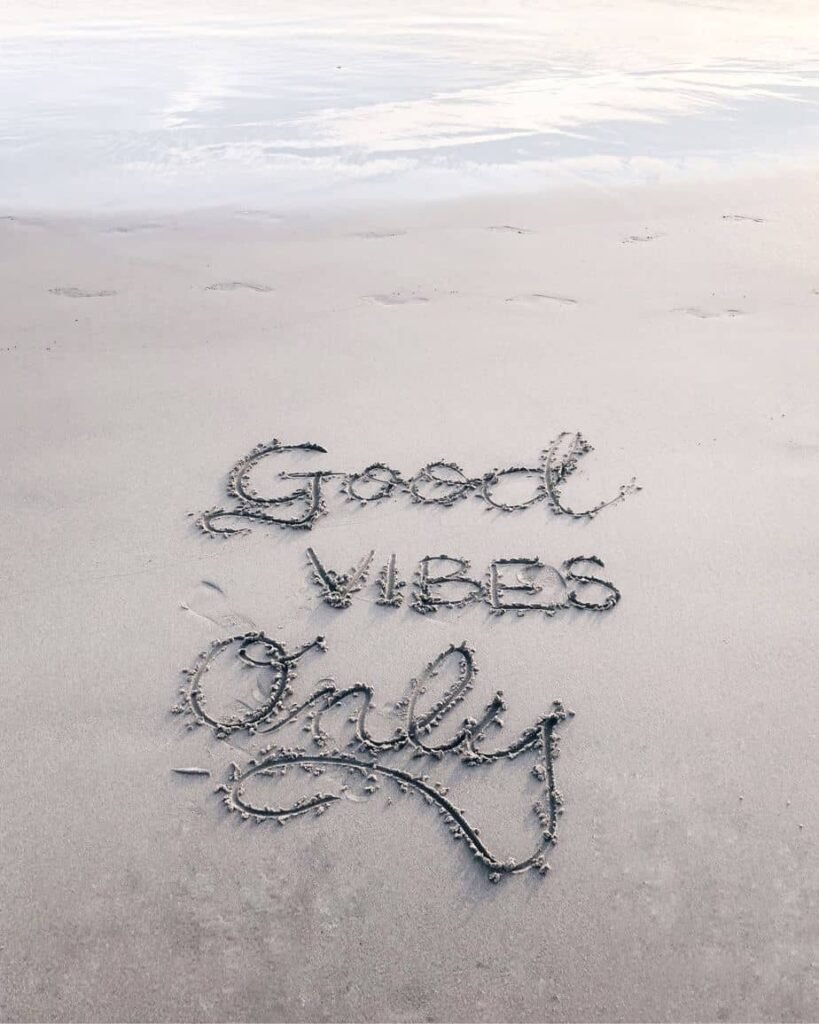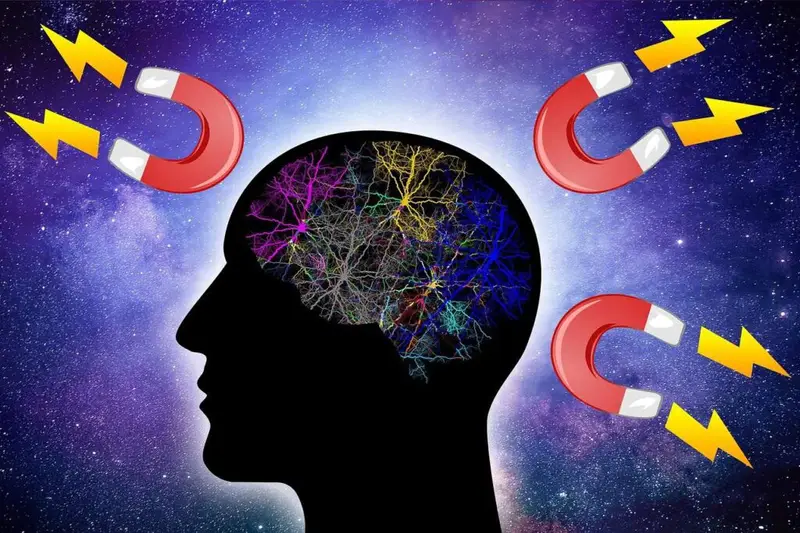For the first time since I’ve been eligible to vote, I will not be voting in this federal election. Not because I don’t want to, but because I have been overseas traveling in Europe and Israel. Experiencing the climax of this Canadian election coverage from overseas, I have developed a unique perspective as an “outsider” looking in rather than being in the thick of it at home.
Fraught with Negativity
Maybe it’s the close nature of the campaign but the energy around this election seems more negative than usual. This starts with the politicians themselves and permeates into the mood of the general population. It seems that political dialogue these days (especially on social media) is just an excuse for people to be offended or flex their self-indulgent egos rather than contribute anything meaningful to the deep and complex issues that we face. Now don’t get me wrong, I’m not saying we shouldn’t take a stand for what we believe in. But there are more effective ways to do so than juvenile hostility and passive aggressive quips.
Us Versus Them
This whole us versus them mentality does not serve anyone. It further divides us as a nation at a time when we require a significant collaborative effort to see any real meaningful change. And this isn’t a uniquely Canadian issue; it is symptomatic of a global trend that fails to see the oneness of humanity and our environment. But even within Canada, this election seems to divide us when in fact the opposite is true.
As far as I can tell, most Canadians want the same things: a peaceful and clean place to live where we can thrive and have the freedom to generate income, raise families, and live a happy, healthy life. We may disagree on how we achieve that, but in any negotiation or mediation, we must always be anchored to our commonality to have any chance of achieving the shared goal.
What people do, including how they vote, has nothing to do with you.
We must come to terms with the fact that we have to share our country with people who are different from us. If you remove labels of ‘liberal’ or ‘conservative’, as well as the other labels that often come up during election season (i.e. “urban elitist” / “ignorant hick”), you’ll see a human being sitting across from you that is doing the best he can with what he’s got- just like you. I know that can be a real challenge when you wholeheartedly disagree with someone, but it is a challenge that can be overcome with empathy.
Learn How to Disagree
Conversations about politics can serve as an opportunity to learn how to respectfully disagree. Even more important, we can hone our skills in how to have a conversation without taking things personally- because that’s where the ego negativity seeps in.
There’s no need to badger your conservative Aunt Mable at Thanksgiving dinner by branding her a homophobic, climate-change denier. Aunt Mable has her own reasons for voting conservative- and they have nothing to do with you. She has every right to cast her vote as she sees fit, just as you do. That’s democracy. What people do, including how they vote, has nothing to do with you. When you can approach a political conversation from this space, your discussion points are more likely to resonate with Aunt Mable- and may even change her mind.
Chill Out
I don’t mean to sound flippant, but we all just need to take a breath. Yes, politics is a serious subject and has a huge impact on our lives and the world we live in. It is also true that our society has serious issues that need to be dealt with. But we cannot delegate 100% of that responsibility to politicians.
Don’t just vote for change, be the change.
We have to take responsibility for our part, and casting a ballot once every four years just doesn\’t cut it.
Taking Responsibility
Governments can enact laws and policies against discrimination but that doesn’t mean that racism, homophobia, misogyny, and the host of other issues that plague our society are going to magically disappear.
Significant change won’t come because Justin Trudeau suddenly decides he’s going to solve wealth inequality and institutional corruption. We can’t just delegate these things to government and walk away. Yes, effective government policies can make things easier, but it is not an elixir for all our problems. Don’t just vote for change, be the change you wish to see in the world.
Gratitude Check
I’ve traveled to 35 countries in the last 13 years, and Canada remains my home for good reason: it’s a wonderful place to live regardless of the ruling political party. That is something we shouldn’t take for granted. For all the flaws of our politics and democracy, there are countries where it doesn’t exist at all. There are nations today that are in ruins. There are entire populations of people that are being persecuted. Yes, we have a lot of work to do, but let’s be grateful for what we do have.
The Law of Divine Oneness
The antidote to this divisive energy in politics both at home and abroad is a shift in consciousness from the sense that we are separate to the fundamental knowing that we are one- with our neighbours, with other nations, with all of humanity, with our environment, including other species. We are at a point where humanity is behaving in maladaptive ways that is threatening our survival as a species. Our politics is a reflection of that.



